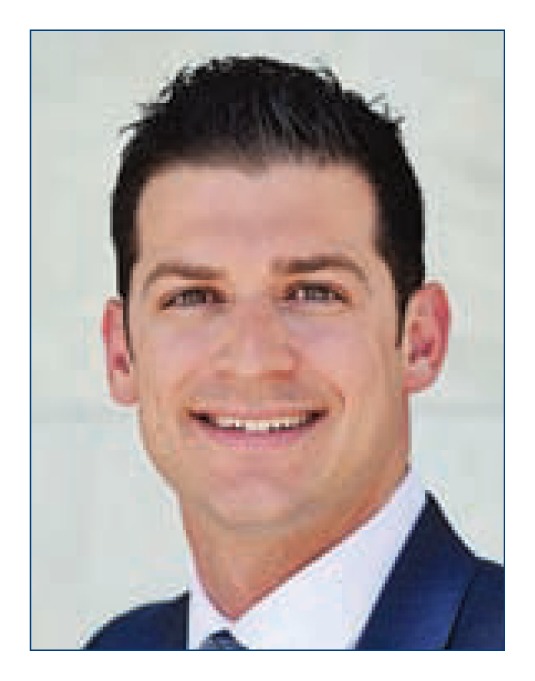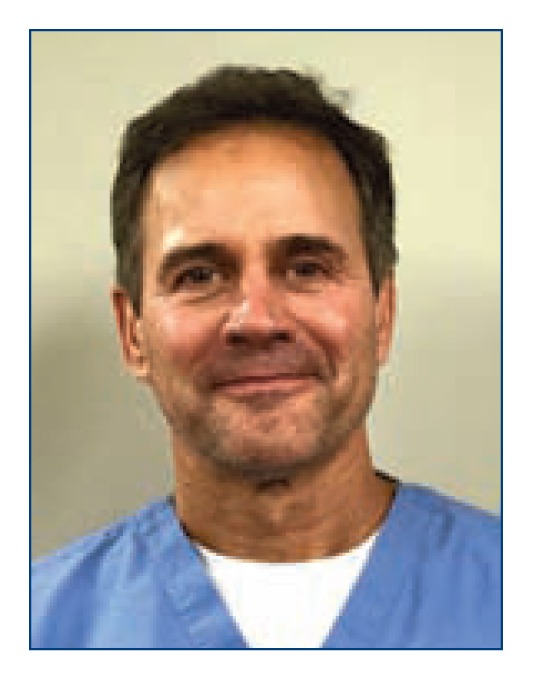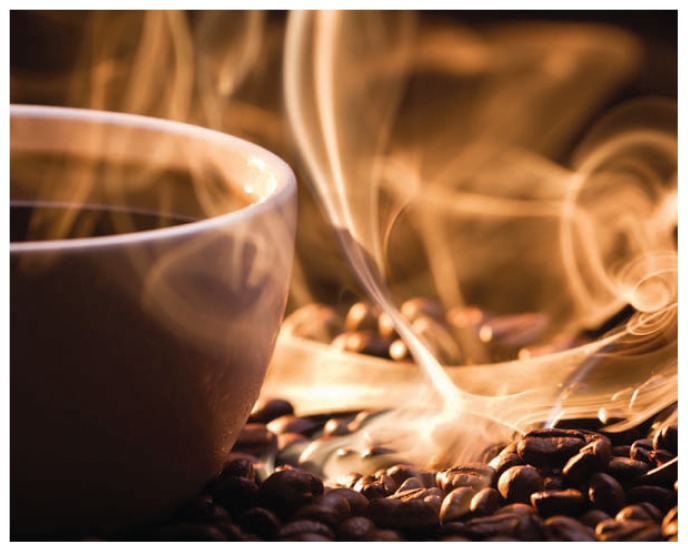Coffee is the second most common beverage consumed in the United States.1 Recently, a California judge ruled (though the decision is not yet final) that coffee must carry a cancer warning because it contains acrylamide—a chemical compound created during the roasting process.
While acrylamide is considered a “probable carcinogen,” probable is certainly not definitive. In fact, one recent review on coffee and cancer risk noted, “… epidemiological studies and retrospective re-analyses of data published so far failed to provide sufficient evidence that dietary acrylamide increases the risk of any type of cancer in humans, including kidney, large bowel, bladder, oral cavity, breast, and ovarian cancer.”2 Moreover, the evidence upon which acrylamide is considered a probable carcinogen is based on studies in rodents that “were dosed at rates 1,000 to 10,000 times higher than what humans consume in food.”3 In other words, there is no sound evidence that acrylamide, especially in the trace doses found in a cup of coffee, would cause cancer in humans. Coffee is a complex brew containing hundreds of biologically active compounds and one of its parts is not the sum of its parts. So, coffee needs to be looked at as a whole not just one of its constituents.
Thus, it appears that the cancer warning to be placed on coffee is based solely on animal data that used much higher doses than what humans would ever get from consuming coffee. Adding insult to injury, the data in humans on coffee consumption indicates that coffee may even have a protective effect on numerous types of cancer, including colorectal, liver, and breast cancers.2
When deciding whether a food or beverage increases the risk of cancer (or any outcome for that matter) one must look at the entire food or beverage matrix not just a single constituent. In order for there to be any sound scientific justification for the vilification of coffee as a carcinogen there would need to be studies in animals showing that consuming coffee at doses relevant to human consumption increases the risk of cancer. We are unaware that any such data exists in animals let alone humans. Thus, it is undoubtedly premature for coffee to hold a cancer warning label.
The international Agency for Research on Cancer (IARC)—a branch of the World Health Organization (WHO), recently classified the consumption of beverages hotter than 149 degrees Fahrenheit or 65 degrees Celsius a probable carcinogen.4 Hot coffee is usually served at approximately 65 degrees Celsius, therefore it should be allowed to cool to less than scalding temperatures before drinking. Even so, the IARC after scrutinizing all of the relevant scientific data recently concluded that coffee is associated with lower risks for liver cancer and endometrial cancer, and is unlikely to cause breast cancer, prostate cancer, or pancreatic cancer.4
Importantly, massive prospective epidemiological studies consistently report inverse associations between coffee consumption and all-cause mortality as well as cardiovascular mortality.1 Furthermore, long-term coffee consumption is linked with reduced risks for coronary heart disease, congestive heart failure, stroke and type 2 diabetes.1 Habitual coffee intake also is associated with lower risks of Parkinson’s disease, depression, and liver disease.1 The dose of coffee associated with the most impressive health benefits is approximately 3 cups daily. Thus, for health, well being and longevity, black unsweetened coffee appears to be one of the most beneficial components of the American diet.
It is possible that one day coffee may indeed hold a label, but that label may in fact be for a claim for its ability to reduce the risk of cancer not cause it. As one article put it, “Is it time to write a prescription for coffee?”5 It just might be, however, a cancer warning label (if indeed placed on coffee) will certainly decrease the number of those “prescriptions” written.
Biography
James J. DiNicolantonio, PharmD, (left ), and James H. O’Keefe, MD, (right), MSMA member since 2003, are at Saint Luke’s Mid America Heart Institute, Kansas City, Mo.
Contact: jjdinicol@gmail.com


References
- 1.O’Keefe JH, DiNicolantonio JJ, Lavie CJ. Coffee for Cardioprotection and Longevity. Prog Cardiovasc Dis. 2018 doi: 10.1016/j.pcad.2018.02.002. In Press. [DOI] [PubMed] [Google Scholar]
- 2.Wierzejska R. Coffee consumption vs. cancer risk - a review of scientific data. Rocz Panstw Zakl Hig. 2015;66:293–298. [PubMed] [Google Scholar]
- 3.Guarino B, Rosenberg E. California ordered to add cancer warning to coffee, but the science doesn’t hold up. The Washington Post. 2018 Mar 30; [Google Scholar]
- 4.Loomis D, Guyton KZ, Grosse Y, et al. Carcinogenicity of drinking coffee, mate, and very hot beverages. Lancet Oncol. 2016 Jul;17:877–878. doi: 10.1016/S1470-2045(16)30239-X. [DOI] [PubMed] [Google Scholar]
- 5.Torres DM, Harrison SA. Is it time to write a prescription for coffee? Coffee and liver disease. Gastroenterology. 2013 Apr;144:670–672. doi: 10.1053/j.gastro.2013.02.015. [DOI] [PubMed] [Google Scholar]



